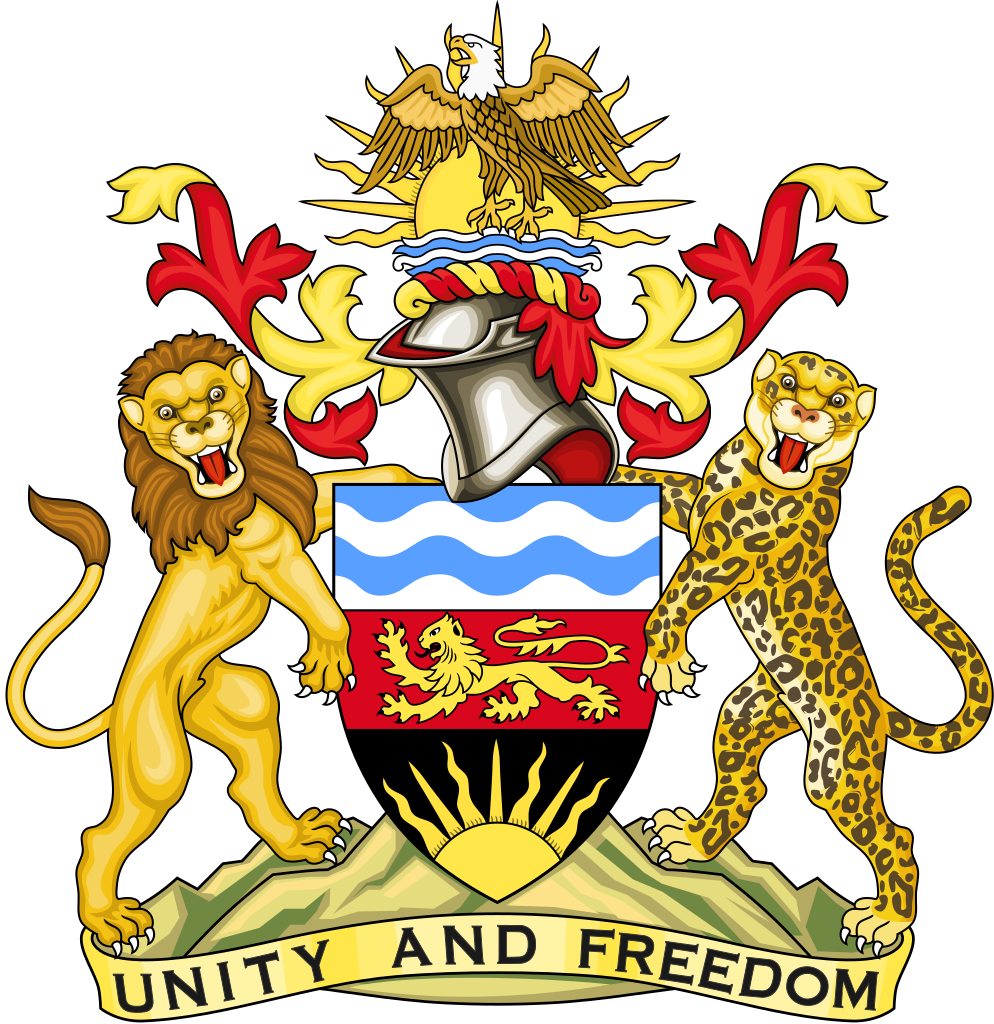
Politics
Established in 1891, the British protectorate of Nyasaland became the independent nation of Malawi in 1964.
Dr. Bakili Muluzi
Established in 1891, the British protectorate of Nyasaland became the independent nation of Malawi in 1964. After thirty years of one-party rule under President Dr. Hastings Kamuzu Banda, the country held a National Referendum in 1993 organized to choose whether to maintain the one party system or adopt multi-party democracy. The country voted for Multi-party democracy. Malawians held multiparty elections in 1994, under a provisional constitution, which came into full effect the following year. The first elections under the multiparty system took place on 17 May 1994 electing Dr. Bakili Muluzi as Malawi’s first democratically elected president.
In 2004, Malawi held its third multi-party elections and elected President Dr. Bingu wa Mutharika as the Head of State.
Following the death of President Bingu wa Mutharika on 5 April 2012, Her Excellency Madam President Joyce Hilda Mtila Banda, who was Vice President during President Bingu wa Mutharika administration, was sworn in as the Head of State on 7 April 2012.
President Bingu wa Mutharika
H.E. Professor Arthur Peter Mutharika
On May 20, 2014, the people of Malawi elected His Excellency Professor Arthur Peter Mutharika as President of the Republic of Malawi for a term of five years. His Excellency Professor Mutharika was sworn into office by the Chief Justice of Malawi on Saturday, May 31, 2014 with Mr Saulos Chilima as his Vice–President.
His Excellency Professor Mutharika formally took over the Office of President of the Republic of Malawi on Monday, June 2, 2014.
The election was declared free, fair and credible by the Malawi Electoral Commission and International observers from the African Union, Southern Africa Development Community (SADC) and European Union.
His Excellency Professor Mutharika, who is the President of the ruling Democratic Progressive Party (DPP), was re-elected for a second and final five year-term on 21 May, 2019.
Government Structure:
Central Government comprises of the Executive (President, Cabinet and Civil Servants); Judiciary (Supreme Court, the Court of Appeal, the High Court and the Magistrates Court) and Legislature (Parliament and members of Parliament). Local Government is headed by the Minister of Local Government. It is then decentralized into Urban authorities and municipalities (Mayor, Chief Executive, Municipal and Ward Council); District Council (Chairperson and Local Council) and Traditional Authority Council (Group Village headman and Village Head).
Regional and International Membership
The country is a member of the United Nations, African Union, The Commonwealth, the Common Market for Eastern and Southern Africa (COMESA) and the Southern Africa Development Community (SADC).

Office
Block 5, St. 512 – Villa 34, Al Shuhadaa – Kuwait
CALL US
(+965) 2523 5416
EMAIL US
malakuwait@gmail.com